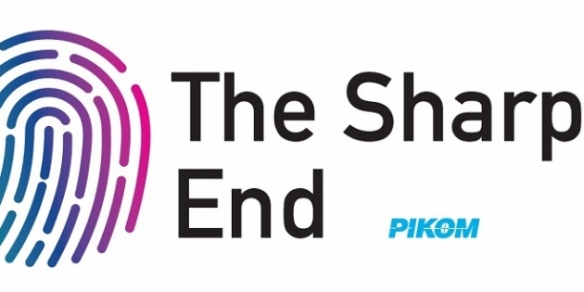Grab launches GrabShare, may improve its fare structure in Malaysia
By Goh Thean Eu February 17, 2017
- Will look at all options, including increasing drivers' productivity, incentives and rebates
- Launched GrabShare in Malaysia and Philippines
%20and%20GrabShare%20software%20engineer%20Dominic%20Widdows.jpg)
RIDE-hailing platform Grab said that it is currently looking at various options to help improve drivers' income, and may improve its fare structure.
"I can't comment on the specific plans yet, it is basically something we look at all the time. (However), we are looking into potentially improving the fare structure.
"How much our drivers earn is one of the most important factors to us. So, if we do a price cut, we will try to balance it with other ways.
"In the future, we will continue to look at how much they will take home... whether it is in the form of increasing productivity, or higher fares, or incentives, or rebates for petrol. We will look at various options to help them," Grab Malaysia country head Sean Goh said to Digital News Asia at the sidelines of the launch of its new service in Petaling Jaya yesterday.
So far this year, fuel price in Malaysia (RON 95) has gone up by 21% at RM2.30 a litre (from RM1.90 in December 2016). However, Grab's fare structure, as well as rival Uber's fare, remained unchanged.
GrabShare regional launch
As part of its efforts to provide passengers with more affordable rides, as well as to give drivers more income, Grab launched its GrabShare service in Malaysia on Feb 16. The service was also launched in the Philippines on the same day.
These launches came about two months after the company unveiled the service in Singapore.
The GrabShare service is very much different compared to its GrabHitch service - even though both services involve passengers to carpool. GrabHitch is a service that requires passengers to pre-book the trip. This means, they have to key in their pick-up and drop-off locations, the date and time for pick-up.
In contrast, GrabShare is an on-demand commercial carpooling service. It pairs just two different passenger bookings with similar trip routes within a single trip. Hence, passengers will only experience a maximum of two stops before reaching their destinations.
For now, in Malaysia, the service is available in the Klang Valley.
"Grab is about leveraging big data to develop tailored solutions for solving local transport challenges to outserve our customers. GrabShare gets people to their destinations with a more pocket-friendly fare, while minimising the need for more cars on our roads by tapping on our pool of commercial GrabCar economy drivers," said Goh.
"We are confident GrabShare will enable us to meet Malaysia's growing passenger demand for ride-hailing especially to cater to first-and-last mile while helping our drivers earn more."
As the service is still new in Malaysia, one can only look at case studies from Singapore - where GrabShare was launched last December. Within the two months, Grab completed 2 million GrabShare rides for a total distance of about 20 million km. Grab has also seen an improvement in passenger matching rate by 15%.
"Drivers' monthly income have also increased 10% on average. That is based on what they make from the fare alone, excluding the bonus or incentives that they may get for hitting certain thresholds," said Goh.
Origin of GrabShare
GrabShare was conceptualised, designed and engineered across its three research and development centres in Singapore, Seattle and Beijing. Its matching algorithm ensures passengers get to their destination in the shortest possible time.
The algorithm calculates and determines a match by factoring the closest available drivers, travel time, overlap of trip routes, detour distance and current traffic conditions before intuitively sequencing pickups and drop-offs.
For drivers, GrabShare focuses on maximising potential earnings by reducing the time and distance spent on a single GrabShare ride, enabling drivers to complete more jobs per hour to boost their incomes and reduce fuel consumption.
"Grab is continually refining our carpooling algorithm to ensure we tailor our GrabShare passenger matchings for a hyperlocal carpooling service, which mirrors the optimal driver and passenger carpooling habits of each city.
"This is critical for Grab as each of our cities have unique passenger travel patterns and the app is about to customise how bookings are efficiently matched. In a nutshell, the more people use GrabShare, the more robust and efficient the algorithm ultimately becomes," said GrabShare software engineer Dominic Widdows.
Related Stories:
Grab to invest US$700 million in Indonesia over the next 4 years
Grab announces partnership with SkyPark Terminal
Grab launches GrabSuperHeroes to encourage limitless mobility
For more technology news and the latest updates, follow us on Twitter, LinkedIn or Like us on Facebook.


